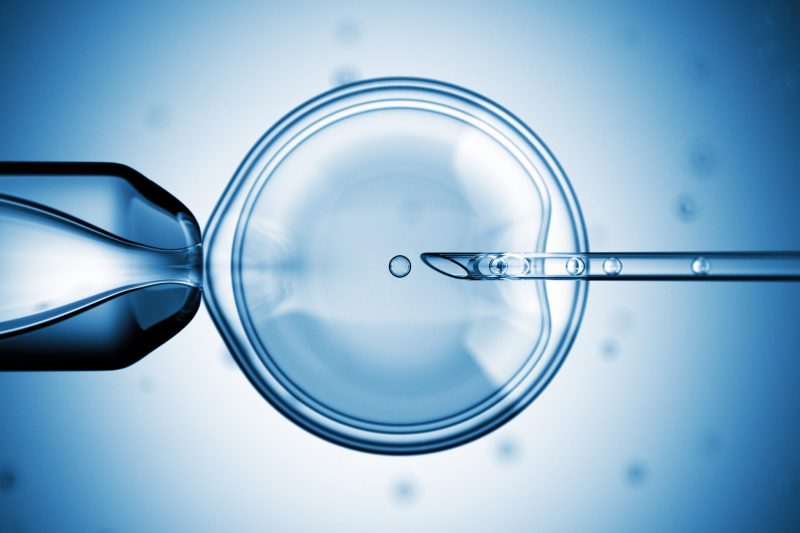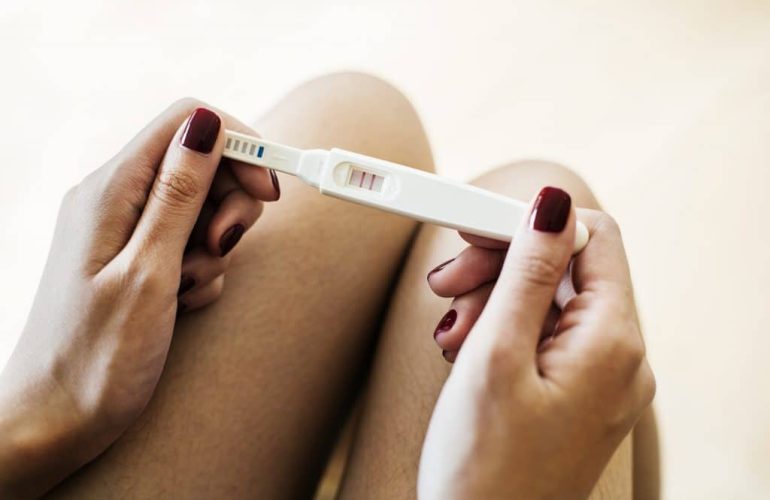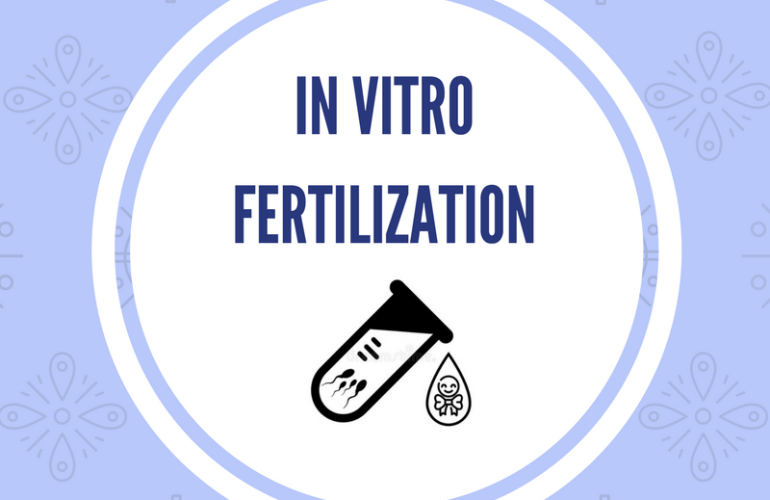Unlocking the Future of Family Planning: Pre-Implantation Genetic Diagnosis (PGD)
In the realm of reproductive medicine, advancements are continuously being made to help couples achieve their dream of a healthy and happy family. Pre-Implantation Genetic Diagnosis (PGD) is a groundbreaking technology that offers hope and assurance to parents-to-be by allowing them to screen embryos for genetic abnormalities before they are implanted in the womb. In this blog post, we will delve into the world of PGD, exploring its principles, applications, benefits, and ethical considerations.
Understanding PGD
Pre-Implantation Genetic Diagnosis is a sophisticated and precise genetic testing procedure that takes place during the early stages of in vitro fertilization (IVF). IVF involves the fertilization of eggs and sperm outside the body in a laboratory dish, resulting in the formation of embryos. PGD is typically performed on these embryos before they are implanted into the uterus.
The key steps in the PGD process include:
- Ovarian Stimulation: The woman undergoes hormone therapy to stimulate the ovaries to produce multiple eggs.
- Egg Retrieval: Once the eggs are mature, they are retrieved from the ovaries.
- Fertilization: The retrieved eggs are fertilized with sperm in a laboratory setting to form embryos.
- Genetic Testing: A small number of cells are extracted from each embryo, and genetic testing is performed to identify any genetic abnormalities or mutations.
- Selection and Implantation: Only the healthy embryos are selected for implantation in the woman’s uterus, increasing the chances of a successful pregnancy.
Applications of PGD
PGD offers a wide range of applications, making it a valuable tool in the field of reproductive medicine:
- Preventing Genetic Diseases: PGD can be used to detect genetic disorders such as cystic fibrosis, Huntington’s disease, and muscular dystrophy. Couples with a family history of these conditions can use PGD to ensure their children are not affected.
- Balancing Family Size: Some parents may use PGD to balance the gender of their children when they have a genetic predisposition for sex-linked disorders.
- Increasing IVF Success Rates: By selecting genetically healthy embryos for implantation, PGD can significantly increase the chances of a successful IVF pregnancy, reducing the emotional and financial burden on couples.
- Aging Parents: Older couples may choose PGD to reduce the risk of chromosomal abnormalities such as Down syndrome, which becomes more common with maternal age.
Benefits of PGD
- Reduced Risk: PGD minimizes the risk of passing on genetic disorders to the next generation, providing peace of mind to prospective parents.
- Improved IVF Success Rates: By selecting the healthiest embryos for implantation, the likelihood of a successful pregnancy during IVF is significantly enhanced.
- Ethical Considerations: PGD allows parents to make informed choices about their family planning while respecting the ethical principle of avoiding harm to future children.
Ethical Considerations
While PGD offers numerous benefits, it also raises ethical questions and concerns:
- Selective Abortion: Some critics argue that PGD may lead to selective abortion if parents choose to discard embryos with specific traits, such as gender.
- Designer Babies: There are concerns that PGD could be misused to select embryos for non-medical reasons, potentially leading to a society where “designer babies” are created.
- Access and Affordability: PGD is a costly procedure, raising issues of access and affordability for couples seeking its benefits.
Pre-Implantation Genetic Diagnosis is a remarkable advancement in reproductive medicine, offering new hope to couples facing genetic risks and fertility challenges. While it provides numerous benefits, it also necessitates careful consideration of ethical concerns. As technology continues to evolve, it is crucial to strike a balance between the promise of PGD and the ethical principles that guide its application. Ultimately, PGD represents a powerful tool in the journey toward healthy and happy families, highlighting the incredible potential of science to shape our future.
For more information about PGD, please check the website of the top clinic we work with in Cyprus.
Lastly, please refer to our other blog posts for more information to understand the treatments that we offer for you.




